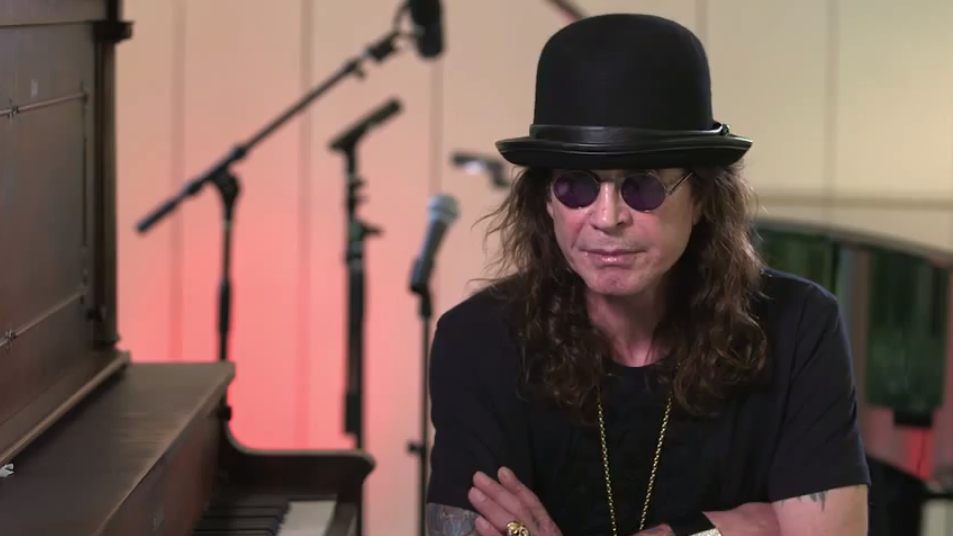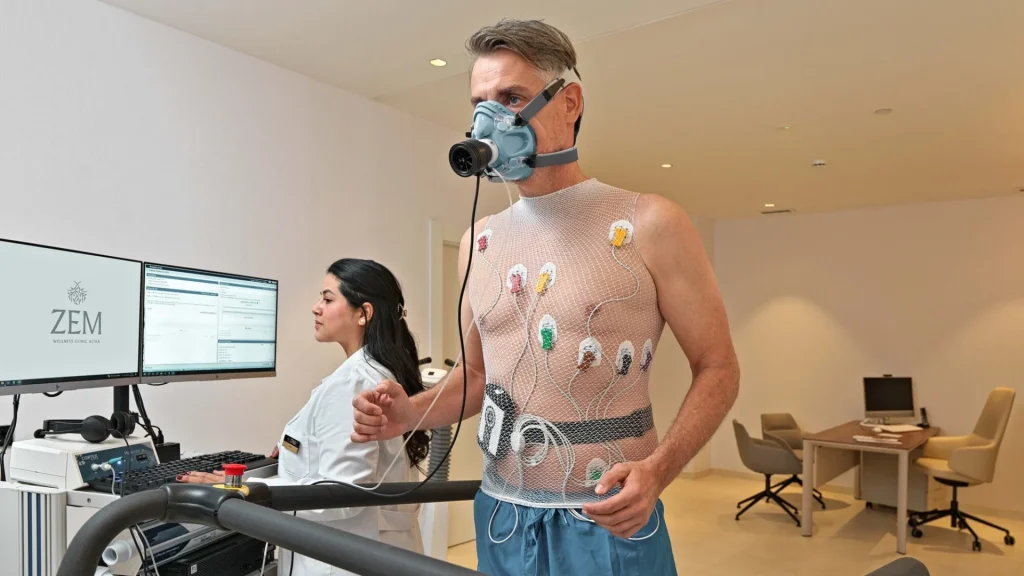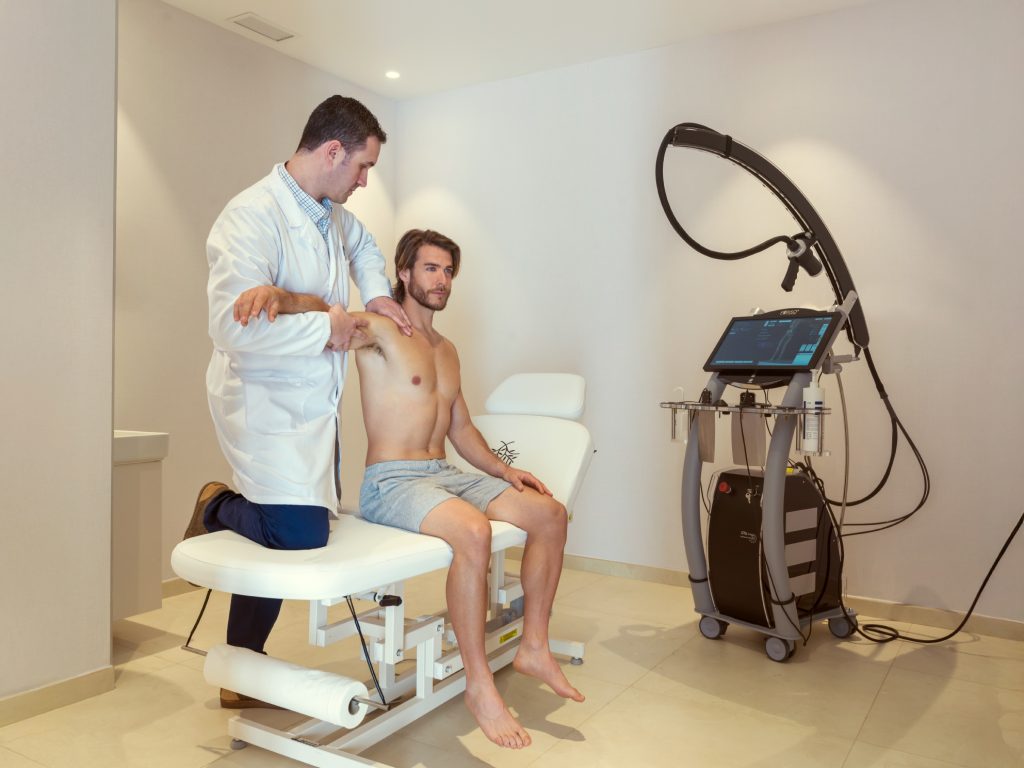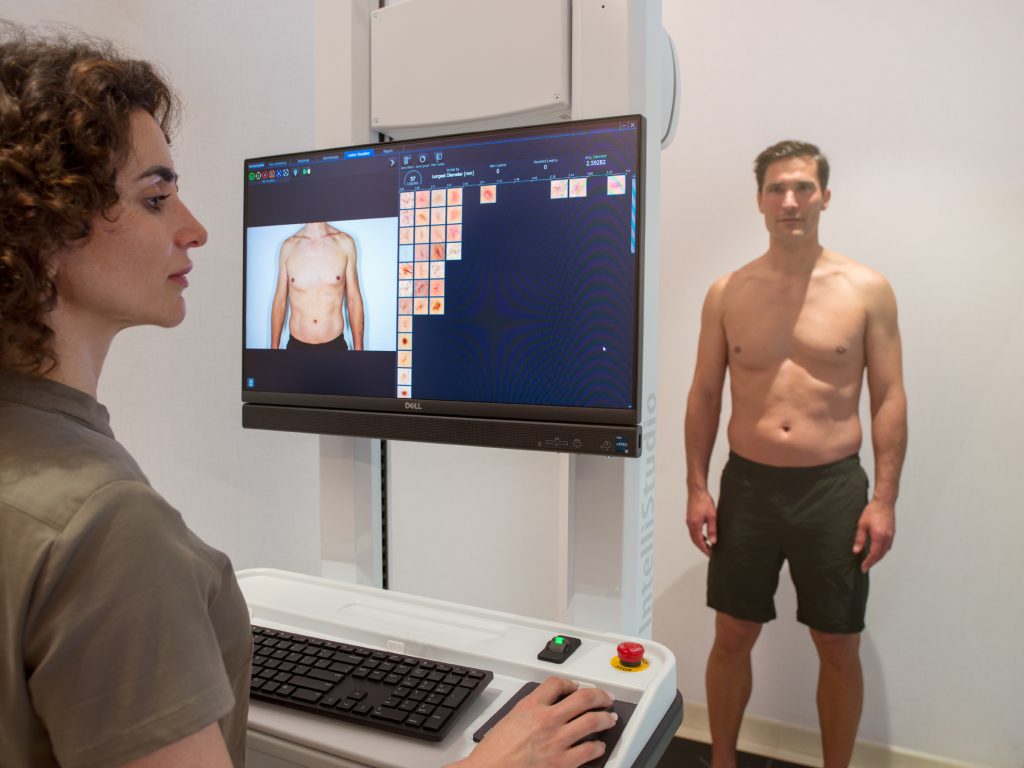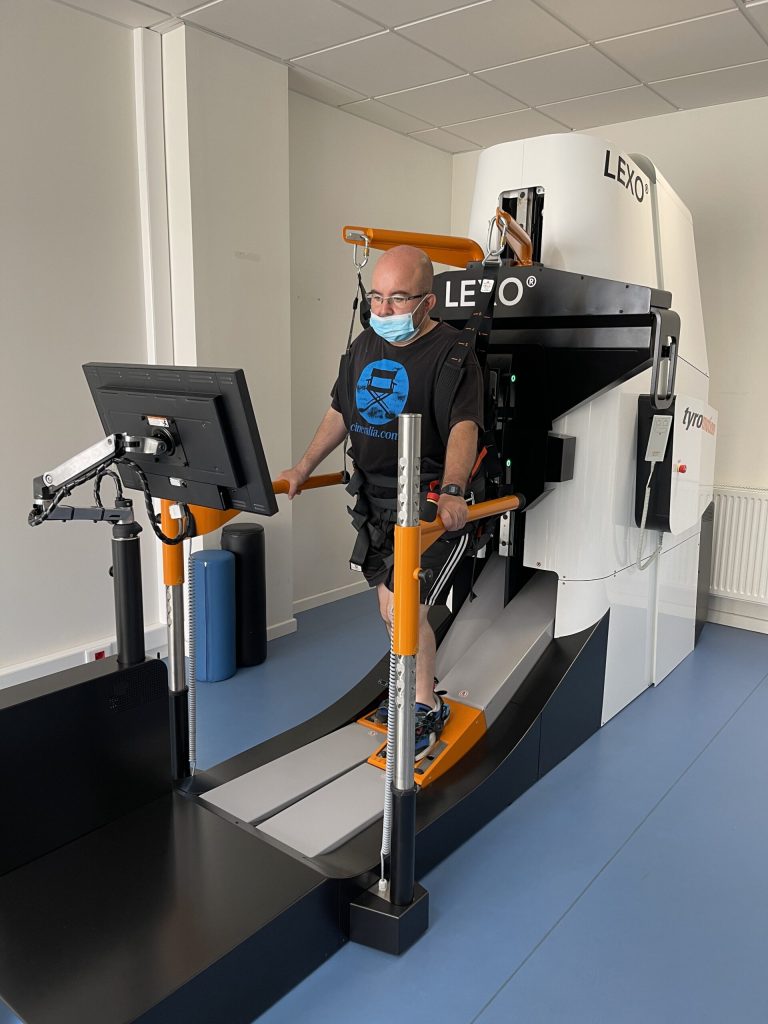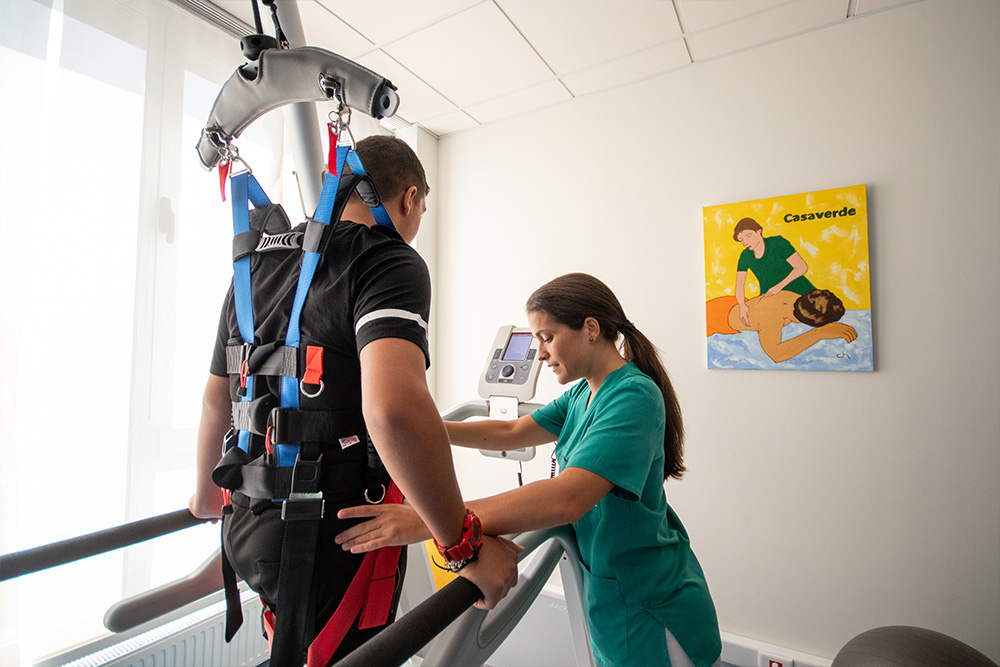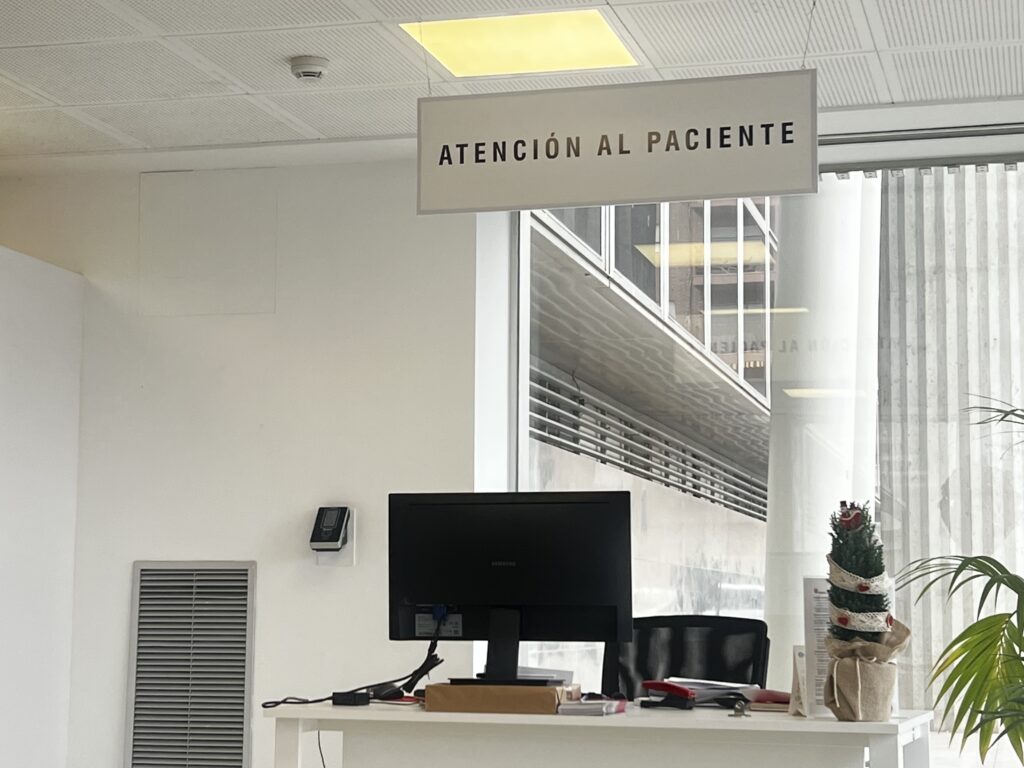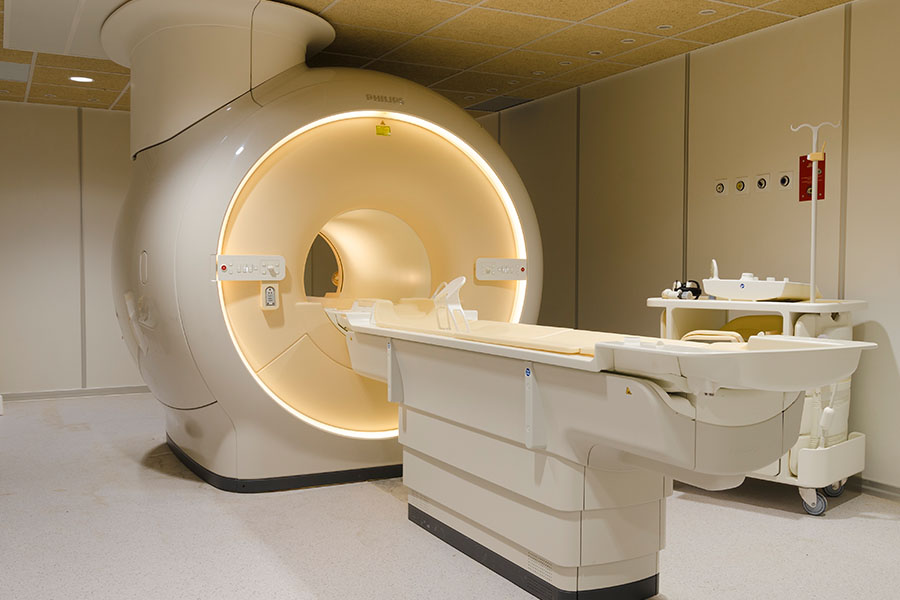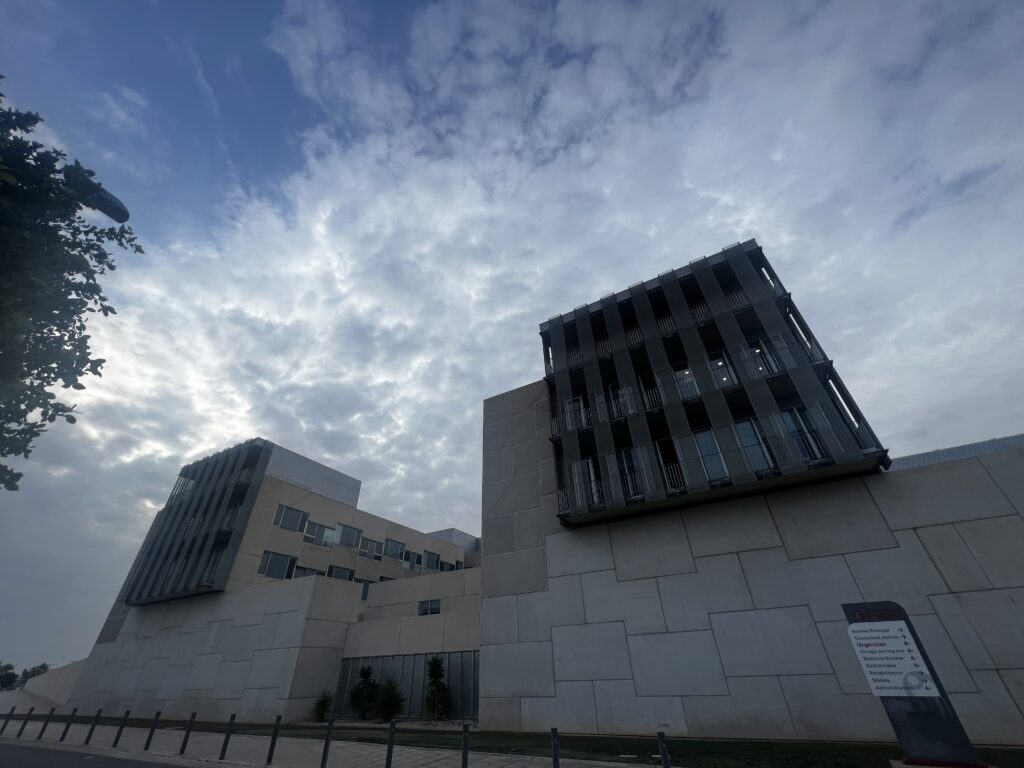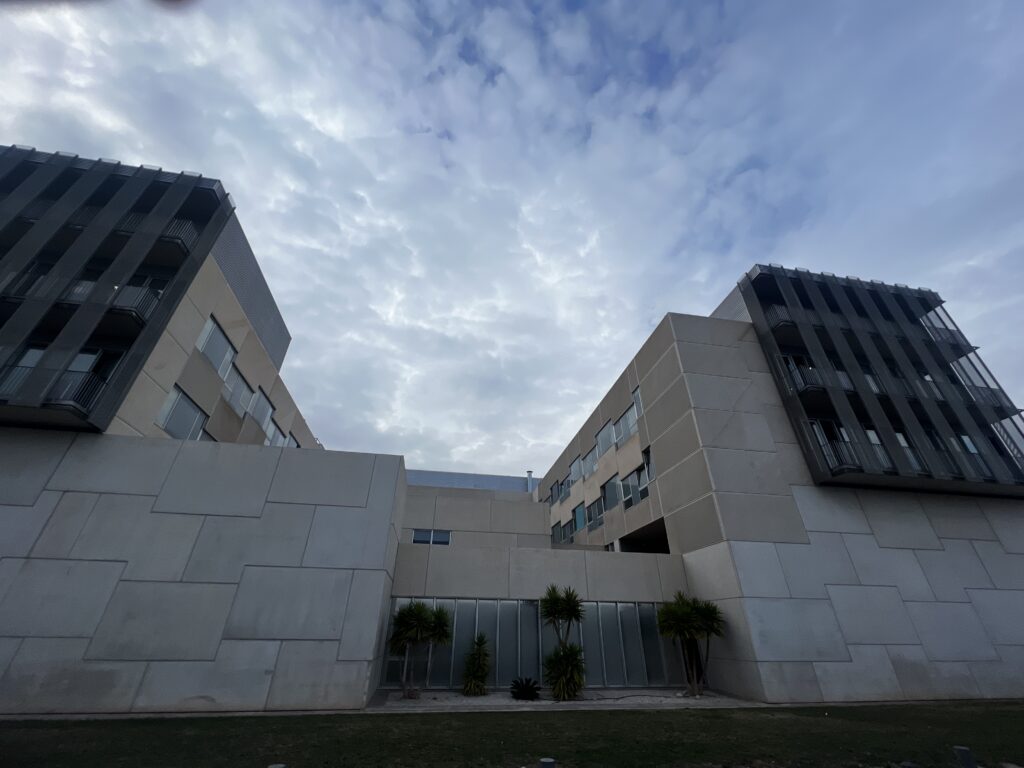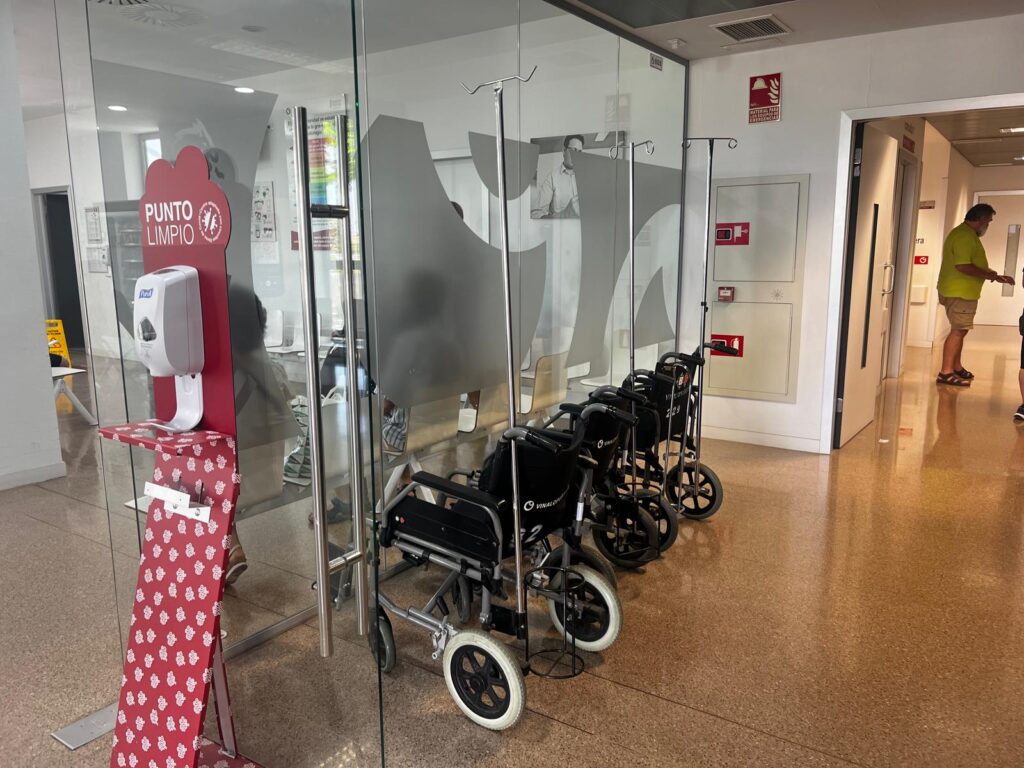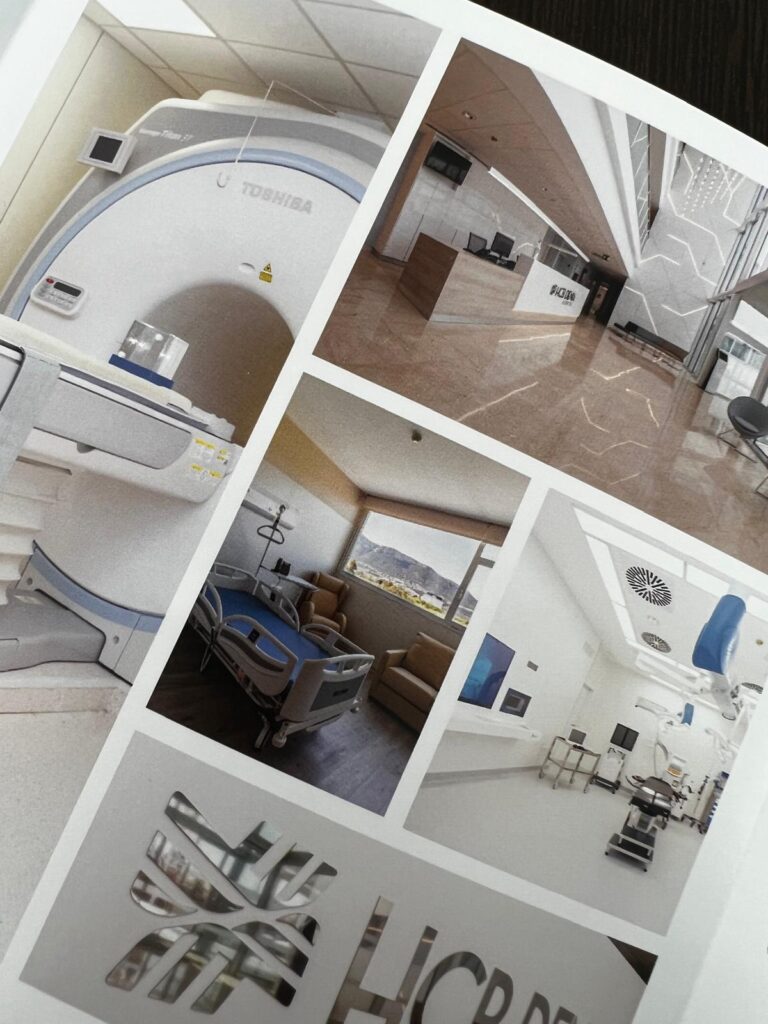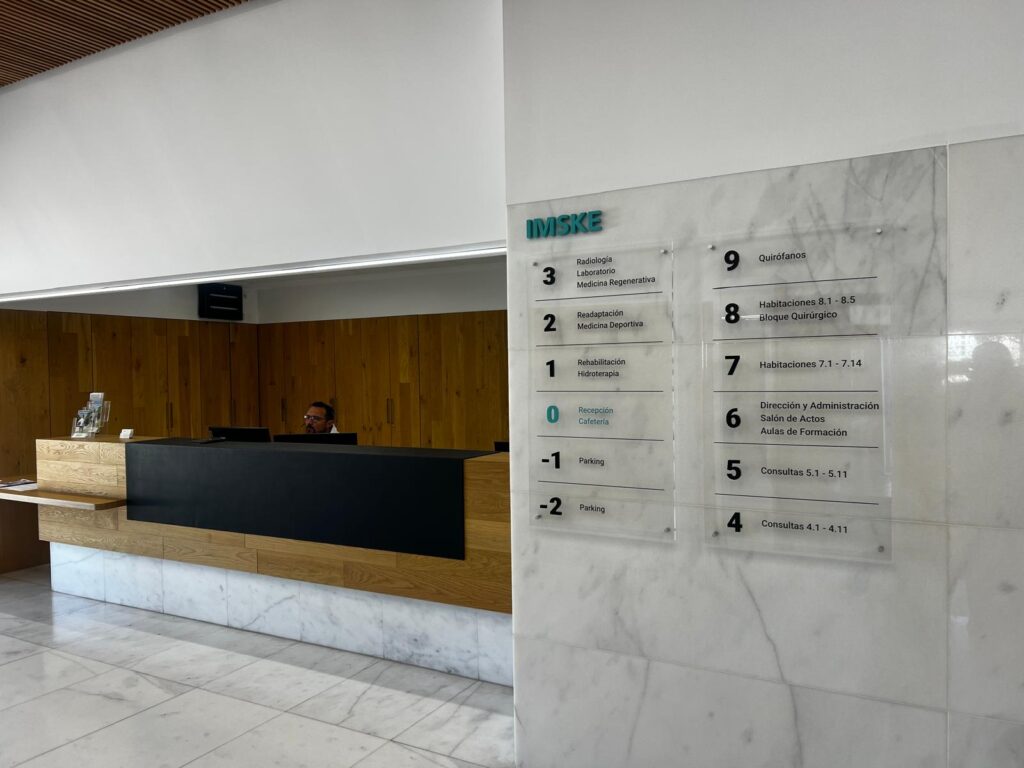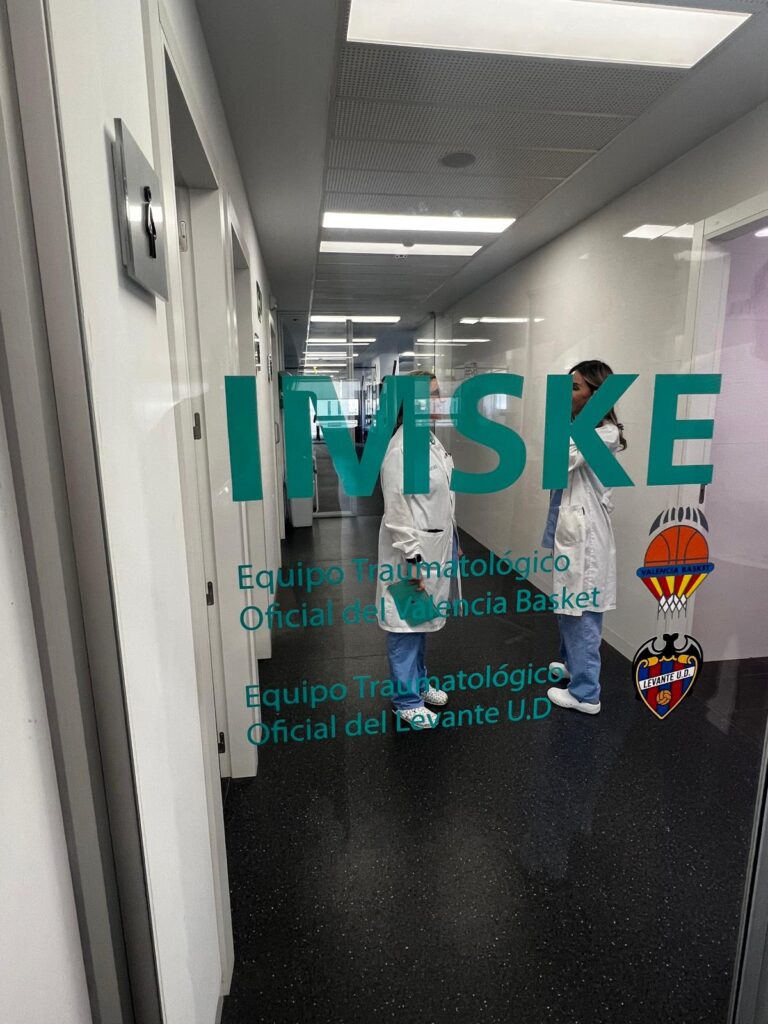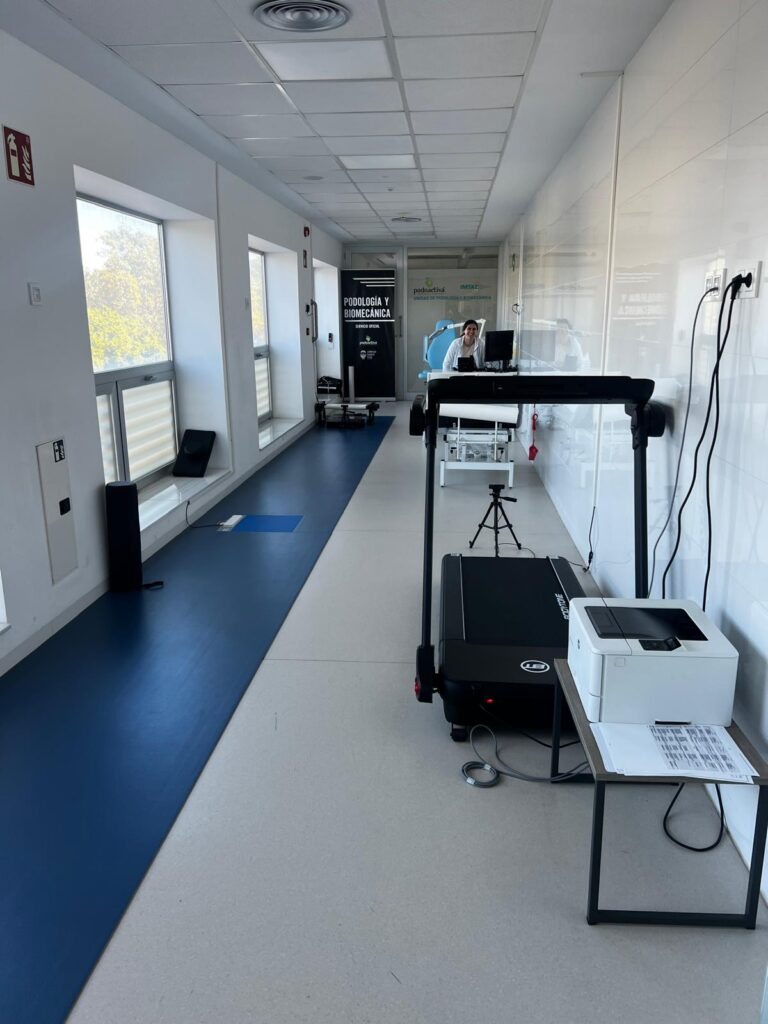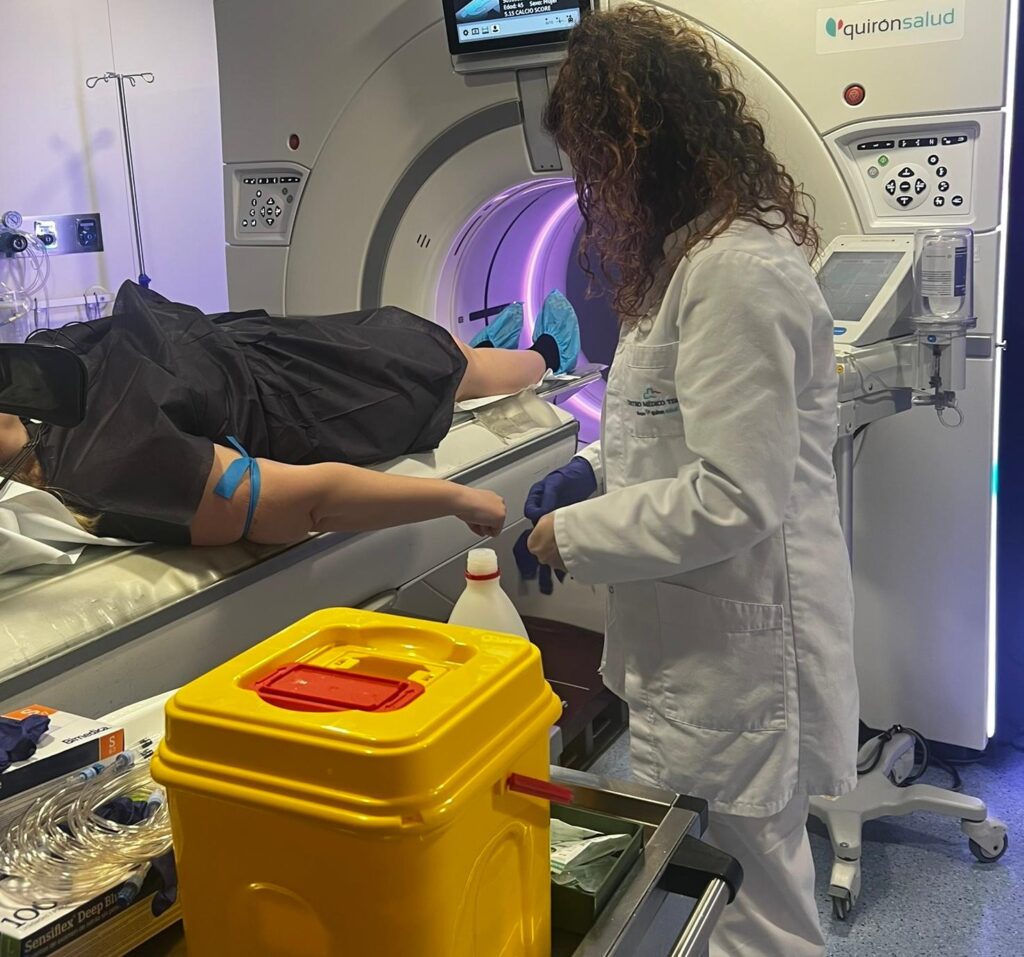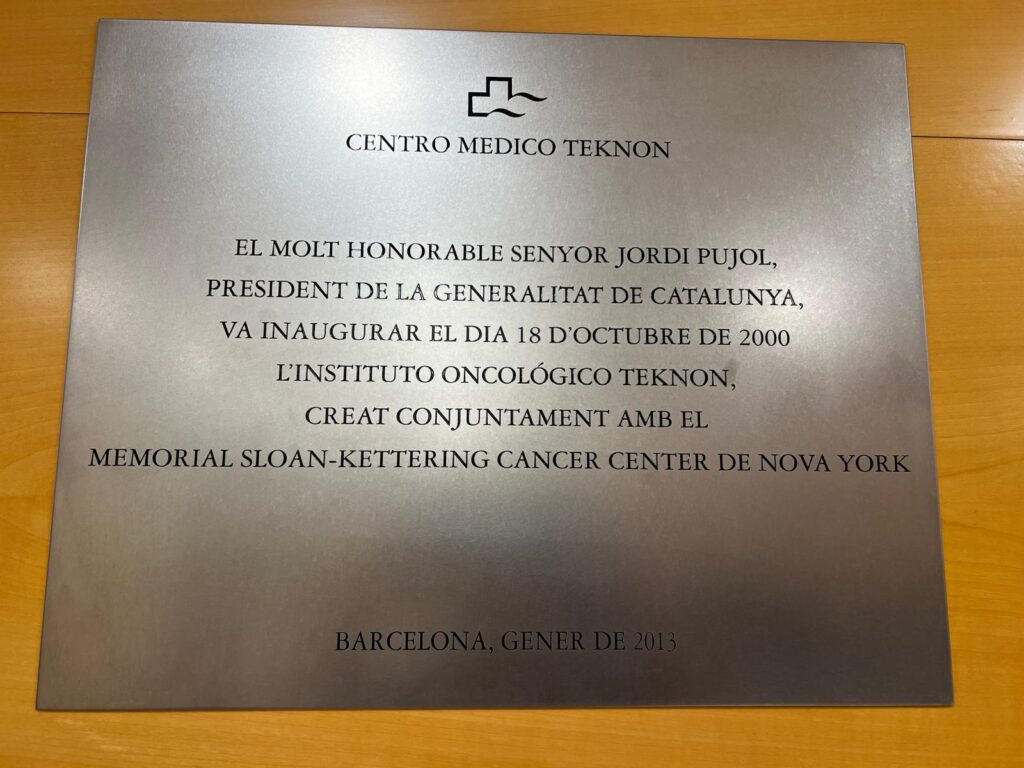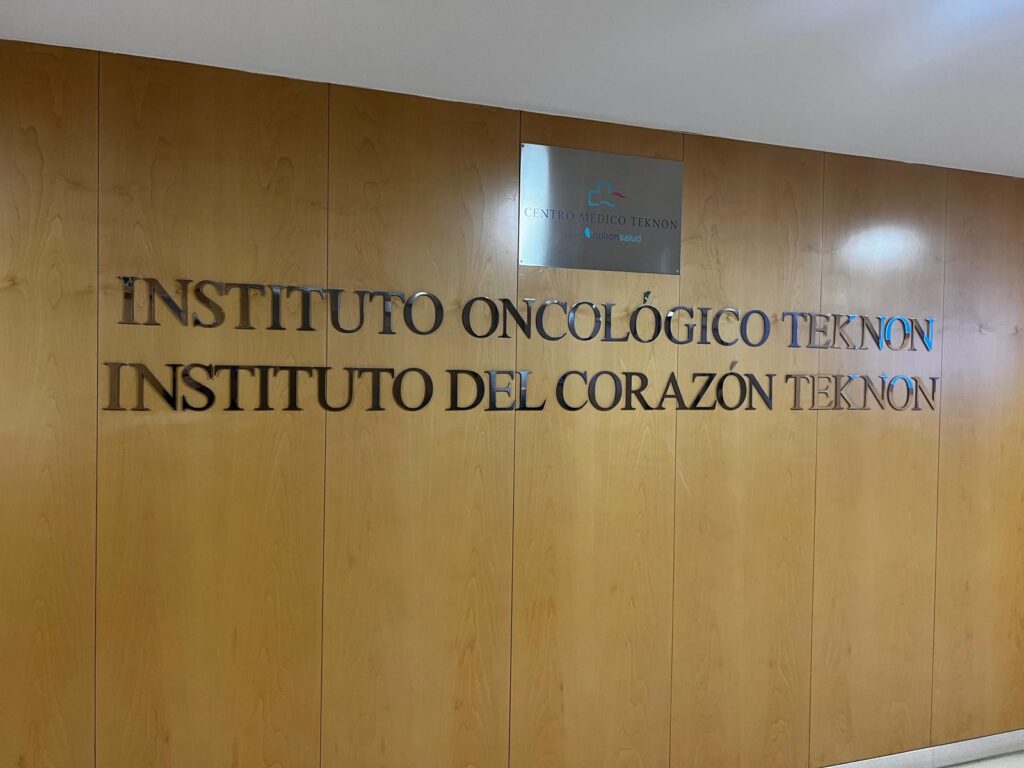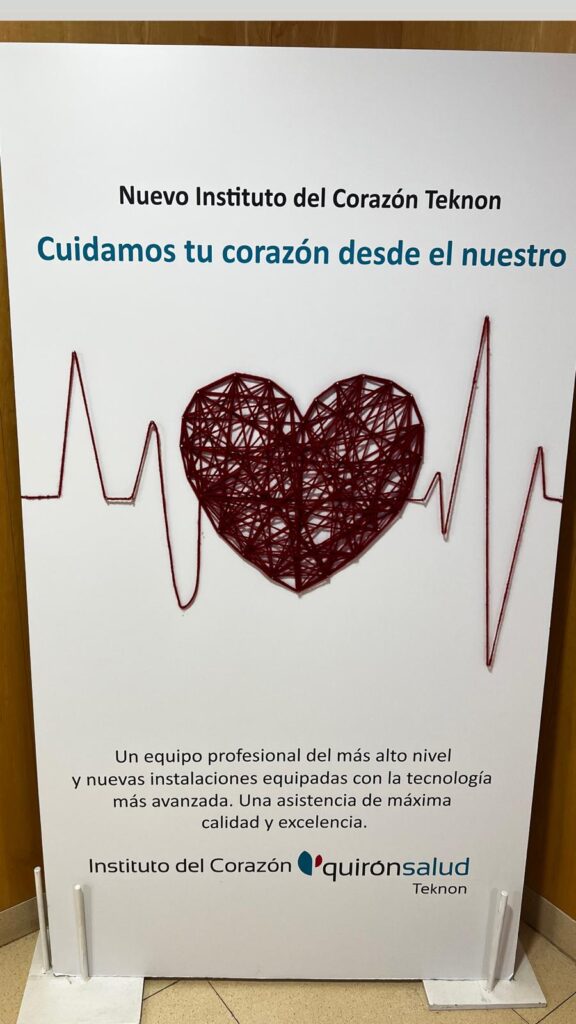OZZY OSBOURNE
Yesterday, the world said goodbye to Ozzy Osbourne — the Prince of Darkness of rock and roll. His passing, after a long battle with Parkinson’s disease, serves as a reason not only to mourn but also to reflect on this serious neurological condition that millions of people live with.
A wonderful serenity has taken posseson of my entire soung like these sweet mornngs spring whch enjoy with my whole heart I am alone and feel the charm of exstenceths spot whch was created For the blis of souls like mineing am so happy my dear frend so absoribed in the exquste sense of mere tranquil and the existence, that neglect my talentsr I should bye ncapable of drawng and single stroke at the A wonderful serenty has taken possesson of my entre souing like these sweet mornins sprng which present moment; and yet If feel that I never was a greater artst.
Ozzy Osbourne’s Experience: From Diagnosis to Fight
- Long Battle
Ozzy publicly battled the manifestations of Parkinson’s for over 20 years. The first symptoms appeared in the early 2000s after a serious all-terrain vehicle accident (at that time, post-inflammatory parkinsonism was diagnosed), and the official diagnosis of Parkinson’s disease was confirmed in 2019 (or 2020). His case illustrates how complex and sometimes lengthy the diagnosis can be. - Openness
Osbourne and his family (especially his wife Sharon) were remarkably open about his condition. They showed the world the reality of living with Parkinson’s: tremors, balance issues, difficulties with speech and movement, and the need for multiple surgeries (including spine surgeries and the implantation of spinal cord stimulators to combat pain associated with the aftermath of the accident and neurological disorders). - Strength of Spirit
Despite the progressive disease, Ozzy continued to create and perform, albeit in a limited capacity. His last albums and farewell concerts in England in 2023 became symbols of perseverance and courage in the face of illness. He himself stated, “I’m not going to let this [Parkinson’s] control my life.” - Importance of Support
His story vividly illustrates the critical role of family and loved ones in caring for and supporting patients with Parkinson’s.
Parkinson’s Disease: What You Need to Know
Ozzy’s story reminds us of the essence of Parkinson’s disease — a slowly progressing neurodegenerative condition, the second most common after Alzheimer’s. It affects the motor system, leading to key symptoms:
– Hypokinesia (slowness of movement)
– Resting tremor (“coin counting,” “pill rolling”)
– Rigidity (increased muscle tone akin to “lead pipe”)
– Postural instability (imbalance, shuffling gait, falls)
– Non-motor symptoms: depression, apathy, sleep disturbances, speech and swallowing difficulties (which Ozzy also experienced).
Diagnosis and Treatment: There is Hope!
As illustrated by Ozzy’s case, accurate diagnosis and an individualized approach to treatment are crucial for maintaining quality of life. Early diagnosis is especially important, as it allows for the most effective initiation of therapy. Spain is a leading country offering a full range of modern methods to combat Parkinson’s disease according to international standards, including a unique diagnostic technique: PET/CT with 18F-DOPA: this advanced imaging method allows for the identification of changes in the brain characteristic of Parkinson’s disease at the earliest stages, even when symptoms are minimal. This is critically important for the timely initiation of treatment and disease management.
If you or your loved ones are noticing concerning symptoms (slowness, tremor, imbalance), do not delay seeking consultation with a specialist.
